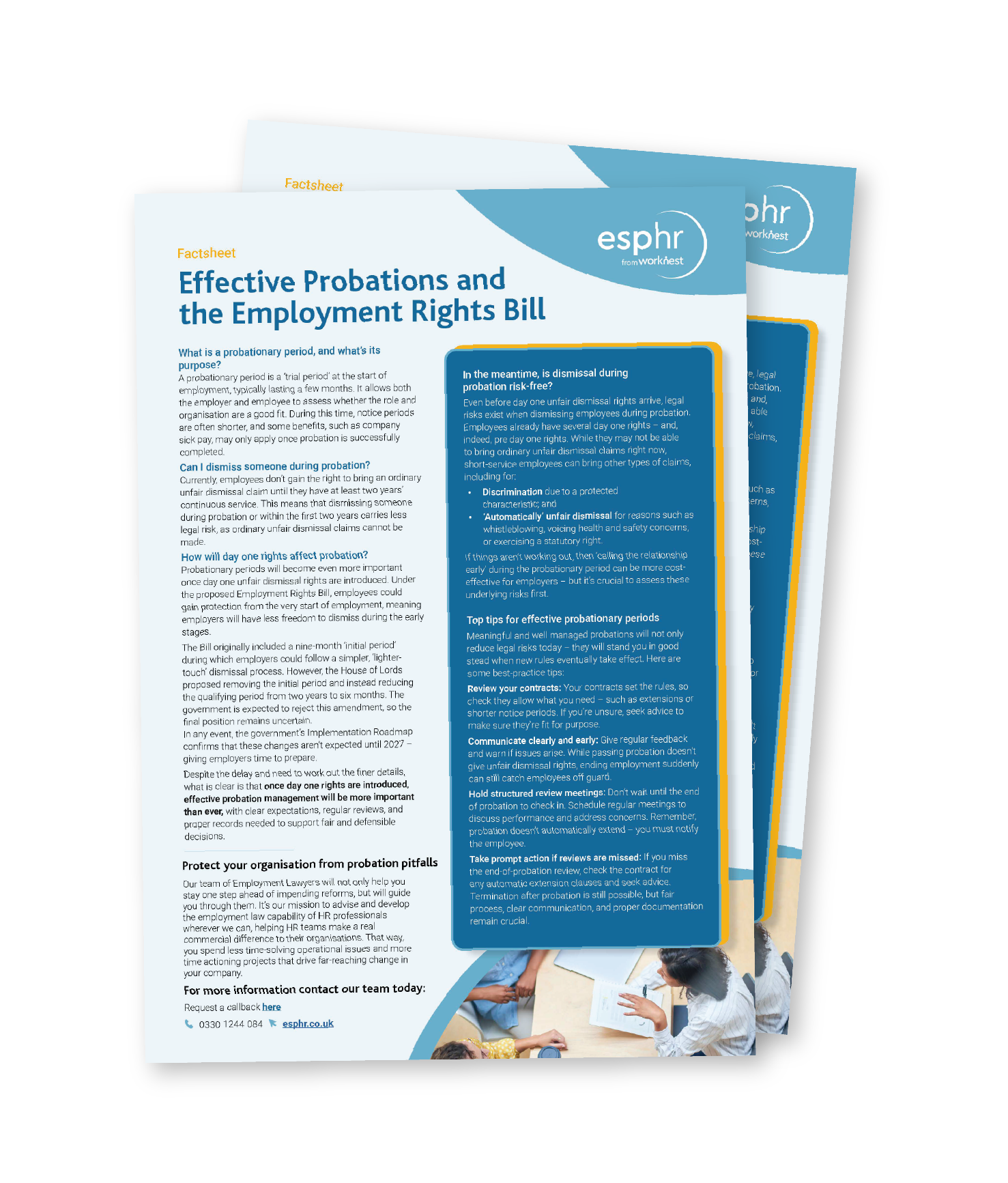On 21 June 2023, the government published a list of 202 companies that have failed to pay the minimum wage to their lowest paid staff members. HMRC investigations into these breaches concluded between 2017 and 2019. The named employers were ordered to repay almost £5 million to the 63,000 workers affected and have faced penalties totalling almost £7 million. The most common forms of underpayment were making deductions from wages (39% of the employers identified as in breach) or failing to pay workers properly for their working time (39% of the employers identified as in breach). The incorrect apprenticeship rate was found to have been paid by 21% of the relevant employers.
The employer with the highest value underpayment of over £1 million to 17,607 workers claimed the error was due to a misinterpretation of how the legislation related to its company uniform policy. This can be a tricky area so we look at how to avoid making such a mistake below.
Deductions and payments – considerations for employers
Certain payments by a worker (which relate to employment) must be taken into account when calculating hourly pay for National Minimum Wage purposes, which can include payments for clothing or uniforms for work. Such payments could be made by payment to the employer, to a third party, or by deductions from an employee’s pay.
HMRC’s internal manual, HMRC: National Minimum Wage Manual NMWM11130: Deductions and payments from workers: purchase of goods and services from employer, distinguishes between uniforms that are “required” by the employer to be worn and uniforms that are “optional”.
Where an employer requires a worker to wear a top with the employer logo or simply to wear a uniform of their own clothes but to a specific colour or style requirement, the purchase in both cases will reduce national minimum wage pay, as it is a specific requirement imposed on the worker by the employer. However, if the worker freely chooses to purchase a particular clothing item, even a branded top, when it is not a requirement of the job to do so, a payment for the item would not reduce national minimum wage pay, but a deduction from the worker’s pay would still reduce national minimum wage pay.
As HMRC can take enforcement action against employers for failure to take account of deductions (or payments required to be made by workers) for work clothes where there was a requirement for staff to wear particular clothes at work, employers should ensure they understand the rules to avoid any action.
In particular, employers should consider the following:
- A requirement for staff to pay for a company uniform will likely give rise to a national minimum wage deduction;
- A requirement for a specific required standardised type of dress (e.g. black trousers, white top) will also give rise to a national minimum wage deduction;
- Optional work uniform, paid for by deductions from the worker’s pay, will be a deduction for national minimum wage purposes;
- Any policies regarding work uniform or dress should be drafted in a way that makes it clear whether work uniform is required or optional;
- Written policies on requirements for dress at work should not specify strict requirements for particular clothing where the employee is required to pay for and provide this themselves, this would reduce the pay for national minimum wage purposes;
- Managers should be trained on the risk of insisting on a particular form of clothing which goes above the requirements of the written policy, for example where a manager insists on black lace up shoes this could cause the worker to have to purchase the item and therefore reduce their rate of pay for national minimum wage purposes.
This can be a complicated area and where you have concerns about the clarity of your policy you should seek further, more detailed advice.





